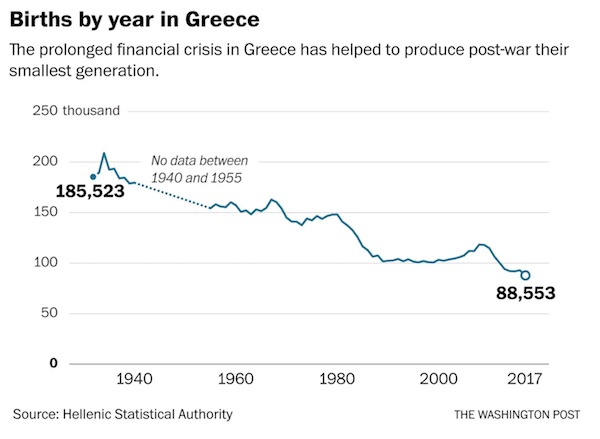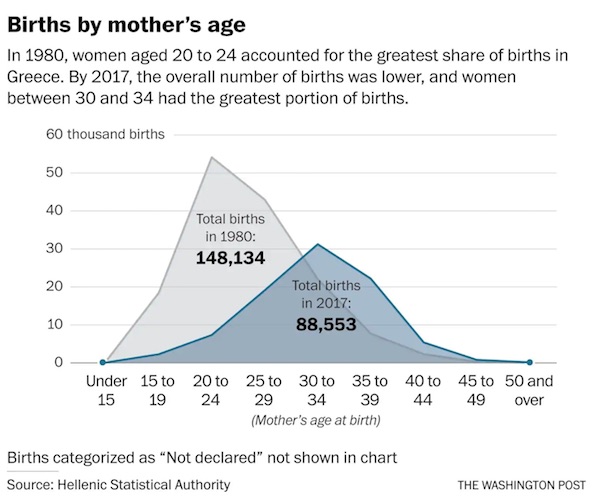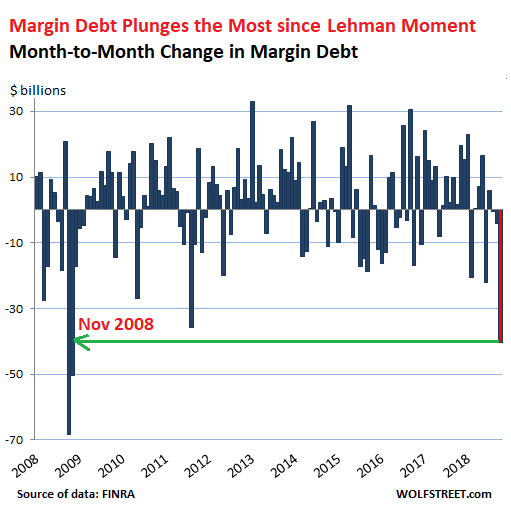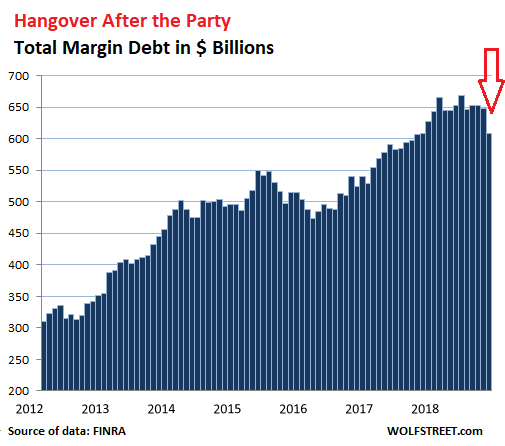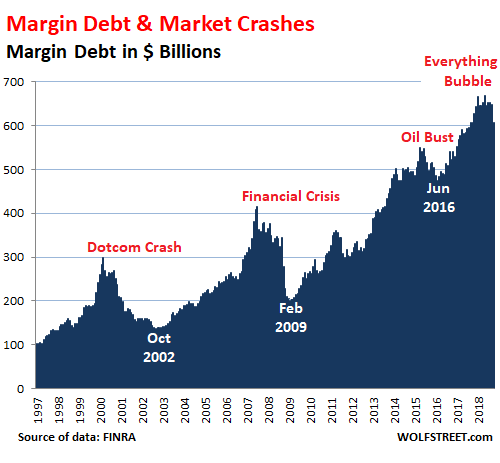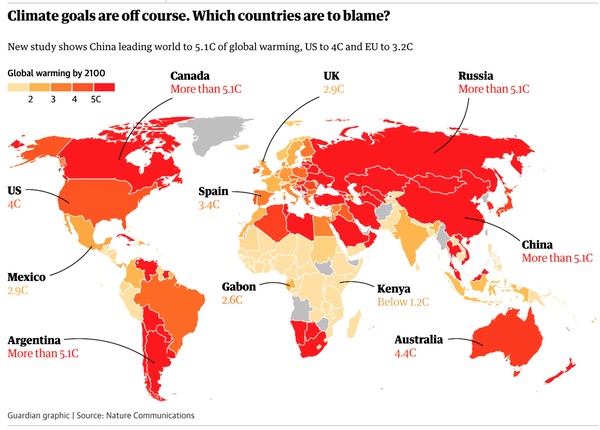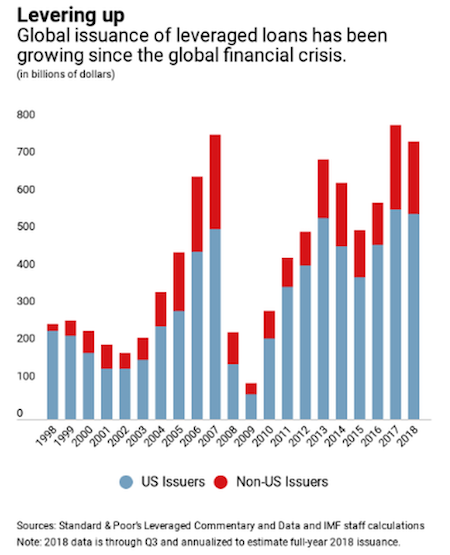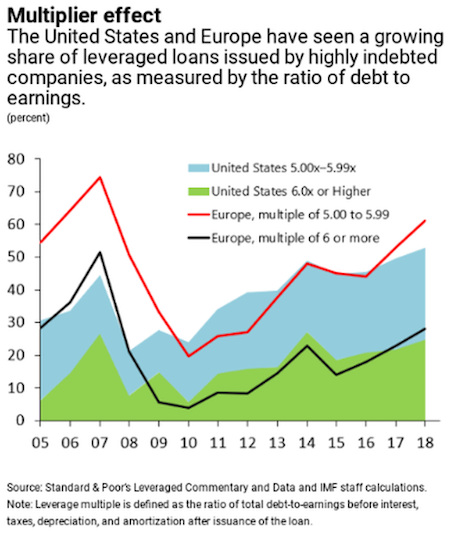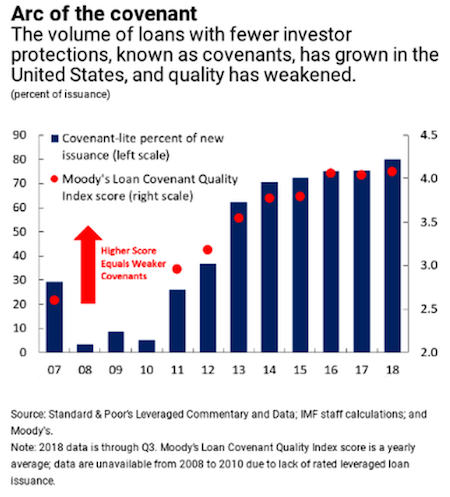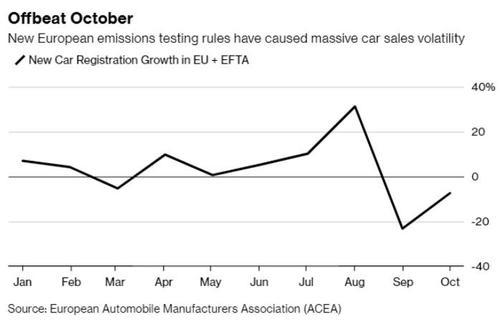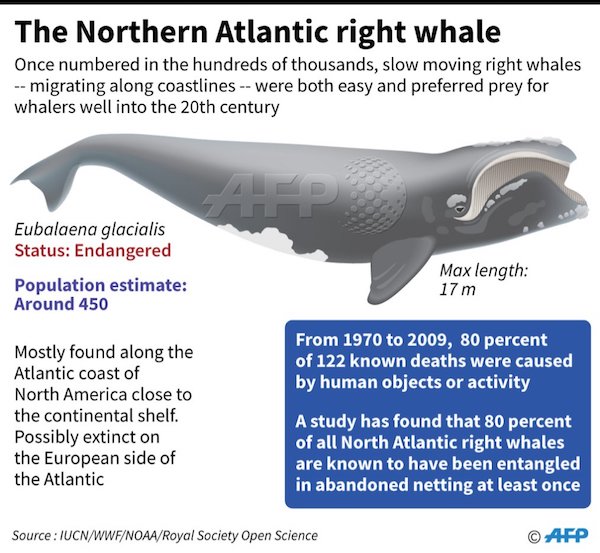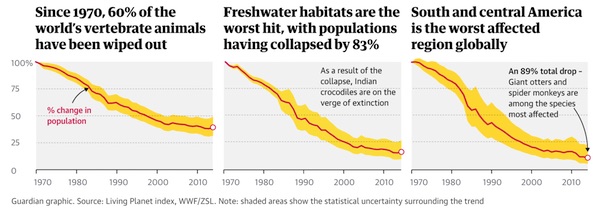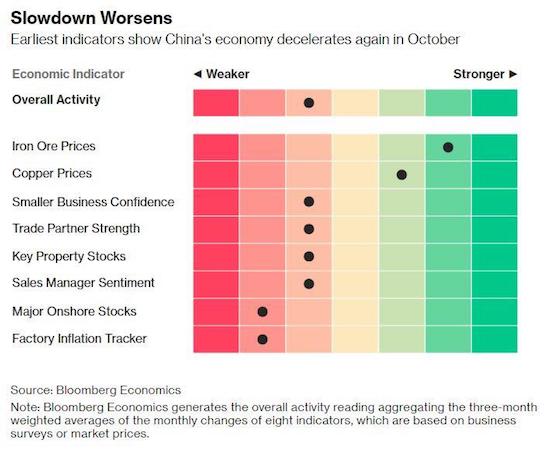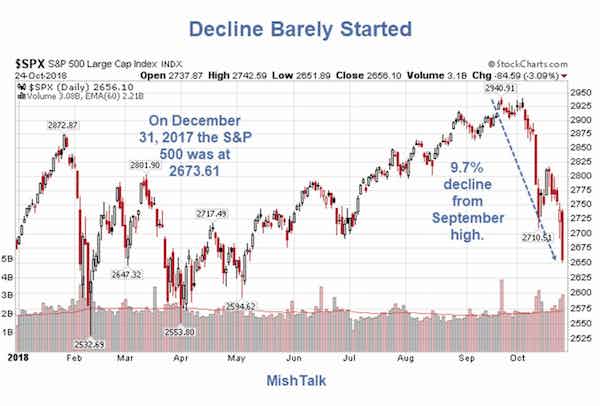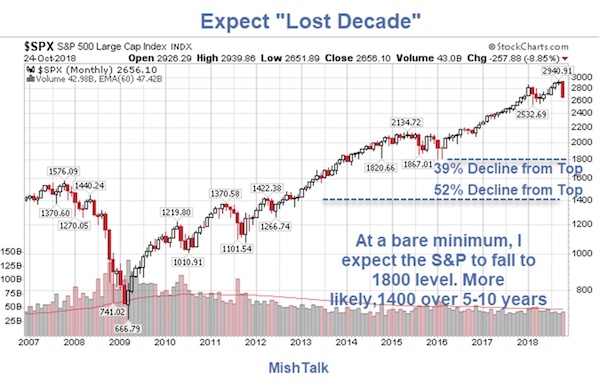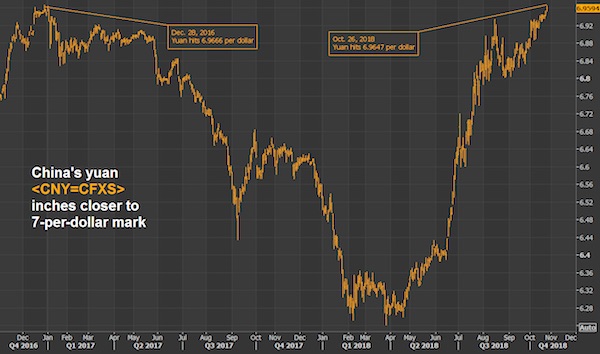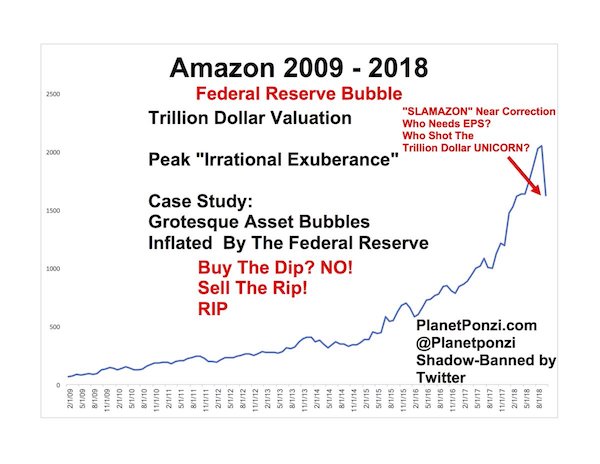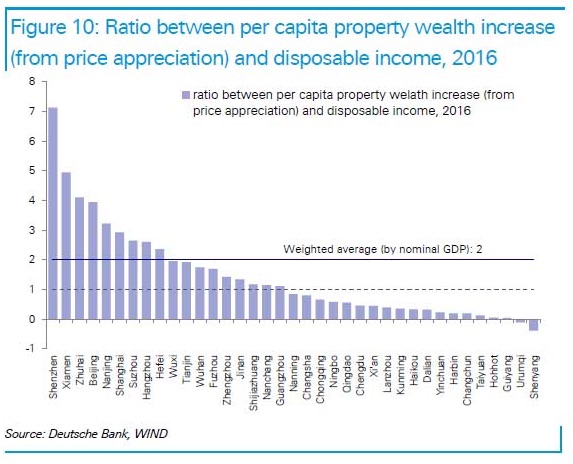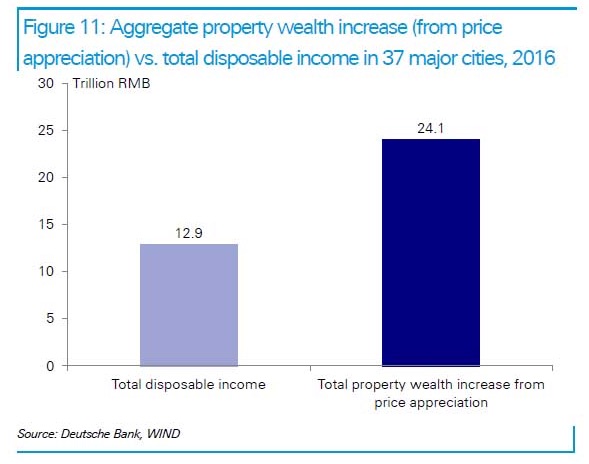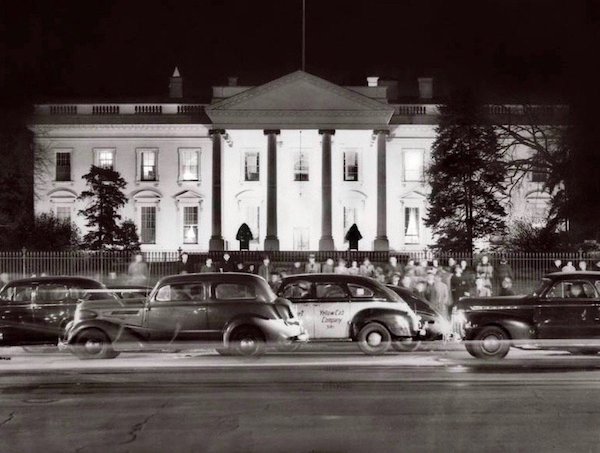
Getty Vigil in front of White House on the evening after Pearl Harbor attack Dec. 7 1941

The French government goes about this so wrong you’d think they want the violence. Macron hasn’t been seen in many days, he left public displays up to his PM and left his country alone. Now they say there will be only 10,000 protesters, a ridiculously low number, and solemnly proclaim “10,000 is not the people, it’s not France.”
In fact, a large majority of people support the protests. Not the violence, but that’s not the core of this. Moreover, the students, who were not taking part last week, have now joined the yellow vests. And the government’s suggesting they -and the other protesters- are not really French.
Tear gas is being employed already on Saturday morning. Paris is under siege. And not from the protesters.
• France Braced For ‘Ultra-Violent’ Protests (BBC)
France is braced for renewed anti-government protests, with nearly 90,000 security personnel on the streets. Some 8,000 officers and 12 armoured vehicles will be deployed in Paris alone, where shops have been boarded up and sites like the Eiffel Tower closed. The “yellow vest” movement began three weeks ago in opposition to a rise in fuel tax but ministers say it has been hijacked by “ultra-violent” protesters. Last week saw hundreds arrested and scores injured in violence in Paris. They were some of the worst street clashes seen in the capital for decades. The authorities are certainly not underestimating the threat. There were 65,000 security officers across the country last weekend and that has been increased to 89,000, even though Interior Minister Christophe Castaner said he expected fewer protesters than last weekend, perhaps about 10,000 nationwide. He said: “10,000 is not the people, it’s not France.”
The security forces will want to prevent a repeat in the capital, where the Arc de Triomphe was vandalised, police were attacked and cars overturned and burned last weekend. Mr Castaner has vowed “zero tolerance” towards violence. He said: “According to the information we have, some radicalised and rebellious people will try to get mobilised. Some ultra-violent people want to take part.” The barricade-smashing armoured vehicles have not been seen in the Paris area since riots erupted in poor suburbs in 2005. Mr Castaner added: “These past three weeks have seen the birth of a monster that has escaped its creators.”
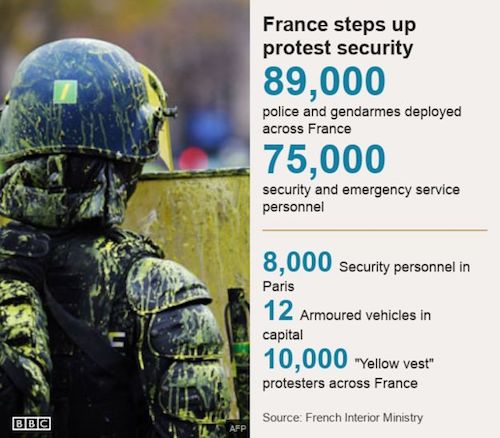
[..] The government has said it is scrapping the unpopular fuel tax increases in its budget and has frozen electricity and gas prices for 2019. The problem is that protests have erupted over other issues. Granting concessions in some areas may not placate all the protesters, some of whom are calling for higher wages, lower taxes, better pensions, easier university requirements and even the resignation of the president. He has been called by some “the president of the rich”.

“It’s almost confirming what could be a change in trend to the downside.”
• S&P 500 Closes In An Official ‘Death Cross’ (CNBC)
The chart of the S&P 500 Index is flashing a warning of more selling ahead. A pattern, called the ‘death cross,’ appeared on the chart on Friday as stocks plunged. The S&P 500’s average price of the last 50 days, dropped below the 200-day moving average, a sign of negative momentum and possible change in trend, according to technical analysts. “It just means you’re lower for longer, meaning there’s no real bounce, which is a sign of real selling.” said Scott Redler, partner with T3Live.com. “Sometimes you break moving averages and you get some kind of quick fast recovery…but when you stay down longer, all of a sudden it’s showing real selling. That’s why people don’t like the death cross. It’s almost confirming what could be a change in trend to the downside.”
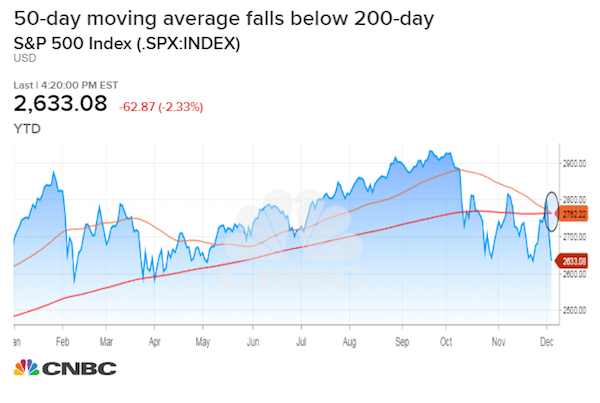

It highlights a stock market that doesn’t exist.
• A Death Cross For The S&P 500 Highlights A Stock Market In Tatters (MW)
The S&P 500 index on Friday has joined the ranks of market benchmarks forming that dreaded Wall Street chart pattern: the death cross. A death cross has materialized in the S&P 500 with the 50-day moving average at 2,759.28.02, below the 200-day moving average of 2,762.02, according to FactSet data. A death cross is what chart watchers refer to as the point where the 50-day — a short-term trend tracker — crosses below the 200-day, which is used to define the longer-term trend. Many believe the cross marks the point where a shorter-term decline graduates to a longer-term downtrend.
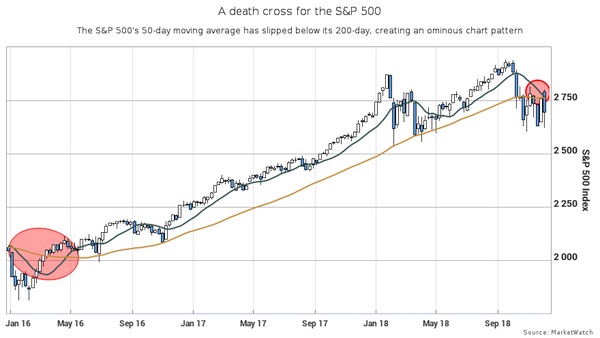
S&P 500’s Thursday action— falling in tandem with the Dow Jones Industrial Average (and briefly with the Nasdaq Composite)— helped deliver a breach for the large-cap index’s short-term trend line beneath the 200-day. The formation marks the first time the 50-day MA was below the 200-day for the S&P 500 since April 22, 2016, according to Dow Jones Market Data. However, the last time that a death cross formed was in January of 2016. The move for the benchmark comes amid a series of bearish patterns that have cropped up in equities and fixed-income markets, highlighting growing concerns about the durability of a bull run in stocks that has lasted about a decade as the economy’s vital signs have also been strong, in a long-running, if measured, rebound from the 2007-09 financial crisis.
[..] the ominous formation also is a sign of how viciously equity markets have unraveled in the past several weeks. More than half of the S&P 500’s 11 sectors have seen death crosses, and a chunk of the index’s constituents are in bear markets, having declined at least 20% from a recent peak. Both the S&P 500 and the Nasdaq are in correction, usually defined as a 10% drop from a peak, while the Russell 2000 is 15% beneath its recent peak.

Without functioning markets, wild swings are guaranteed.
• Dow Down Over 500 Points, Wipes Out 2018 Gains In Wild Week On Wall Street (CNBC)
Stocks dropped sharply on Friday, concluding what has been a wild week for Wall Street. A weaker-than-expected jobs report and China-U.S. trade tensions sent the Dow Jones Industrial Average lower by 558.72 points to 24,388.95 and erased its gains for the year. At one point, the Dow was up more than 8 percent for 2018. The S&P 500 pulled back 2.3 percent to 2,633.08 and also turned negative for the year. The Nasdaq Composite dropped 3.05 percent to close at 6,969.25. Shares of large-cap tech companies led the way lower. Facebook, Amazon, Netflix and Google-parent Alphabet all traded lower. Apple’s stock also fell 3.6 percent — erasing its gains for the year — after Morgan Stanley cut its price target on the tech giant’s shares, citing weakening iPhone sales.
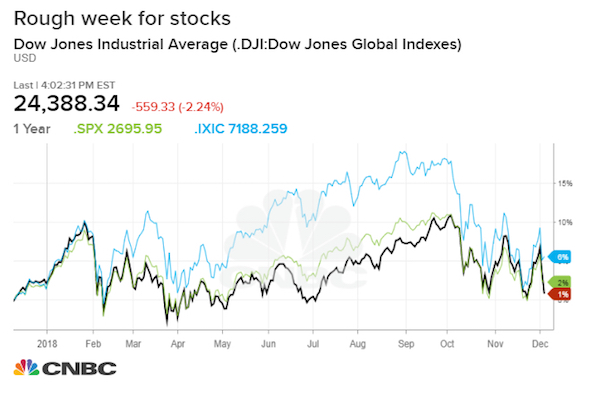
For the week, the major indexes all dropped more than 4 percent. Thursday’s session included a violent drop of nearly 800 points, followed by a strong rebound from those levels. This week was also the worst for the indexes since March. Indexes fell to their lows of the day after the Wall Street Journal reported federal prosecutors are expected to bring charges against Chinese hackers allegedly trying to break into technology service providers in the U.S., another negative headline amid tense trade talks between the two countries. [..] “You’ve gone from a period of zero sensitivity to headlines to a period of hypersensitivity,” said James Athey, senior investment manager at Aberdeen Standard Investments. “We’re now in a world where no one knows which way is up and which way is down.”

Delightful from Taibbi on among other things the years-long feud between HW and Doonesbury’s Garry Trudeau. Do read¡
I’ve left the HW story alone, overkill. But I was thinking all the time: if there’s one thing HW was not, it was a leader. I’m not the only one.
• George H. W. Bush, Wimp (Matt Taibbi)
For most of his political life, George Herbert Walker Bush was basically the unimaginative proxy for other powerful interests. He was always the front man for the fellas at the club, be it Skull and Bones or the CIA (he retains the dubious distinction of being the only spy head to become president). He excelled in this brute-behind-the-scenes role. But once fashioning himself as something other than Ronald Reagan’s wingman, politics demanded he offer the national public glimpses of his personality. Sadly, he was president before he found out he didn’t really have one. This would have been fine, if he’d been a more confident person.
But Bush was not satisfied to be remembered as a dull imperial steward, and his flailing efforts to carve out a macho personal myth on par with Reagan or Kennedy marred both his presidency and large swaths of the planet. Unable to let insults stand, he dreamed up stunt after stunt in an attempt to counter Heathers-style media taunts that grew out of inside jokes circulated in Washington during the Reagan years. His presidency turned into an endless cycle: Bush would do something goofy/out of touch, the press would bash his brains in for it and he’d overreact, often by having someone bombed or jailed.
[..] In December 1989, Bush invaded Panama, ostensibly to capture former American client/human rights monster Manuel Noriega. The New York Times cheered Bush for going through the “rite of passage” of the presidency, which involved “a need to demonstrate the willingness to shed blood.” The paper was one of many to describe the invasion as a triumph over both Newsweek and Doonesbury: “For President Bush… a man still portrayed in the Doonesbury comic strip as the invisible President – showing his steel had a particular significance.”

Encryption. Wonder how many people will get a Huawei phone now, and be safe from spying.
• Five Eyes Against Huawei (Voltaire)
Washington has asked Ottawa to arrest Meng Wanzhou and to extradite her. This young woman is the financial director and daughter of the founder of Huawei, the Chinese Telecom Giant. She was arrested on 6 December in Canada. The motive for the war undertaken by Washington against Huawei is deep-rooted and spurious are the justifications. The heart of the problem is that the Chinese firm uses a system of encryption that prevents the NSA from intercepting its communications. A number of governments and secret services in the non-Western world have begun to equip themselves exclusively with Huawei materials, and are doing so to protect the confidentiality of their communications.
The covers/excuses for this war are theft of intellectual property or in the alternative, trade with Iran and North Korea, and violating rules of competition by benefitting from national subsidies. The Five Eyes is a system of electronic espionage by Australia, Canada, the United States, New Zealand and the United Kingdom. They have begun to exclude Huawei from their auctions.

Sure, it’s uncomfortable, but Russia is well prepared.
• Russia Ready To Switch Off Visa & Mastercard Ahead Of Tougher Sanctions (RT)
Moscow faces prospects of harsher sanctions this coming January as the US Congress is set to discuss a new package of anti-Russian penalties. The Russian central bank has warned the country’s lenders over potential risks.
The regulator has recommended that Russian financial institutions take the necessary preventive steps in case their partner-banks are forced to stop providing connection to services by the world’s two most used payment systems – Visa and Mastercard, reports Russian business daily Vedomosti. The list of Russia’s banking majors that are currently working as an intermediary include Credit Union “Payment Center,” one of Russia’s largest private lenders Uralsib, Rosbank that operates as a Russian subsidiary of the international financial group Societe Generale, Russia’s second biggest bank VTB and privately owned Promsvyazbank.VTB and Promsvyazbank have already been included in the Countering America’s Adversaries Through Sanctions Act (CAATSA), approved by US Congress last summer. The legislation allows Washington to introduce penalties against enterprises and individuals that are seen as hostile towards the US or loyal to regimes that are hostile to the US. The Central Bank of Russia advises that Russian banks should look for an alternative sponsor that will be able substitute a current provider of Visa and MasterCard services, seal a maintenance service contract and test an opportunity of integrating.

May’s cabinet now warns of chaos unless her Brexit plan is executed. Ignoring that if such chaos erupts, it’s their own fault; the government must prepare. So essentially they’re saying: we haven’t prepared the country, so you must support us.
• UK Ministers Warn No-Deal Brexit Chaos May Last Six Months (Ind.)
Emergency plans to fly in medical supplies have been laid to ensure hospitals remain stocked amid six months of expected chaos at Britain’s channel ports after a no-deal Brexit. Critical supplies could also be diverted away from channel routes and some drugs may even be rationed to ensure stocks do not run out. The plans were published as a government assessment suggested a no-deal departure from the EU could mean severe disruption until the end of September 2019 to shipping between Dover and Calais and traffic using the Channel Tunnel.
Ministers continued to put up a defiant front on Friday, saying they were determined to push ahead with the House of Commons vote on Theresa May’s Brexit deal, though Downing Street insiders indicated it could still be pulled if efforts to turn rebels fall flat at the weekend. While MPs secured measures this week that make a no-deal scenario less likely, it is still possible if Ms May’s deal is rejected and parliament fails to opt for any alternative course before 29 March. Ministers had already told drug manufacturers to build six-week stockpiles in anticipation of Brexit customs disruption, but after the new assessment indicated Brexit disorder could last six months, further measures were deemed necessary.
In a letter to pharmaceutical firms, health secretary Matt Hancock said: “The revised cross-government planning assumptions show that there will be significantly reduced access across the short straits, for up to six months. “This is very much a worst-case scenario; however, as a responsible government, we have a duty to plan for all scenarios. “Whilst the six-week medicines stockpiling activities remain a critical part of our UK-wide contingency plan, it is clear that in light of the changed border assumptions described above this will now need to be supplemented with additional action.”

True enough, but declaring yourself ‘internationalist’ and ‘socialist’ may not be the smartest meassage at this point.
• EU Support For Austerity Opens Door To Far Right – Corbyn (G.)
Jeremy Corbyn has told an audience of European socialists that EU support for austerity has caused hardship for ordinary people, and that unless something changes there is a risk that “the fake populists of the far right will fill the vacuum”. Speaking at the Congress of European Socialists in Lisbon, the Labour leader also said his party respected the result of the Brexit referendum and it was the duty of the left in the UK to “shape what comes next”. Corbyn argued that Labour would be internationalist whether the UK was inside or outside the EU, and promised that the party would “work together to help build a real social Europe” by protecting workers’ and consumers’ rights. He said: “EU support for austerity and failed neoliberal policies have caused serious hardship for working people across Europe.”
It had “damaged the credibility of European social democratic parties and played a significant role in the vote for Brexit”. However, he promised that under his leadership Labour would take a different approach, and he added a stark warning: “If the European political establishment carries on with business as usual, the fake populists of the far right will fill the vacuum. European socialists have to fight for a different kind of Europe.” In a speech on the first day of the two-day event attended by Labour’s sister parties around Europe, Corbyn said of Brexit: “In a country where a million families are using food banks, over 4 million children are living in poverty, and real wages are lower today than they were in 2010, the British people voted to leave the EU. We respect that decision; it’s our job to shape what comes next.”

What’s the difference between analysis and propaganda? It’s very unclear in America these days.
It’s obvious that the Obama White House, along with CIA director John Brennan, and Director of National intel James Clapper, used the FBI and the DOJ (with support from the nation’s two leading newspapers), and help from Britain’s MI6 intel shop, to run illegal operations against Mr. Trump during the 2016 election, and then persisted in acts to delegitimize him after Jan 20, 2017. All this, of course, is apart from whether you like Mr. Trump or approve of his policies. It’s well documented elsewhere that Robert Mueller’s mission to detect election “collusion” between Russia and Mr. Trump was a bust, and that all he has to show for it is a roll of contrived convictions for lying to federal prosecutors and the FBI.
The case of General Flynn lies at the center because he served as Mr. Obama’s Director of the Defense Intelligence Agency (DIA) and he knew too much about US shenanigans around the notorious Iran nuclear deal and other shady doings. They were alarmed when he went over to Mr. Trump’s campaign, and determined to disable him. Once Mr. Trump appointed Gen. Flynn Director of National Security, Mr. Obama engineered an “incident” in late December of 2016 (confiscating Russian properties in Maryland over alleged election meddling and laying down new sanctions), that prompted Russian ambassador Sergey Kislyak to phone Gen. Flynn, the incoming DNS. US Intel was prepared for that set-up and recorded the call, which required the illegal “unmasking” of Flynn, a nicety of spycraft.
Thus, the FBI had a transcript of the phone call and were easily able to entrap Flynn in mis-remembering the particulars of the call. Where is that transcript? The predicate for this operation was completely dishonest: that incoming senior government officials are forbidden to speak to foreign ambassadors. In fact it is their duty to consult with foreign officials, especially in Mr. Flynn’s job, and a long-established tradition of every presidential transition. The coup cadres of the Deep State used The New York Times and The Washington Post to persuade the public that Gen. Flynn had done something treasonous, when it was nothing more than routine transition business.

The IPO to end all IPO’s?!
• Uber Files Confidential IPO Paperwork (R.)
Uber Technologies Inc has filed paperwork for an initial public offering, according to three people with knowledge of the matter, taking a step closer to a key milestone for one of the most closely watched and controversial companies in Silicon Valley. The ride-hailing company filed the confidential paperwork on Thursday, in lock-step with its smaller U.S. rival, Lyft Inc, which also announced on Thursday it had filed for an IPO, setting the stage for one of the biggest technology listings ever. The simultaneous filings extend the protracted battle between Uber and Lyft, which as fierce competitors have often rolled out identical services and matched each other’s prices.
Uber’s most recent valuation was $76 billion, and could be worth $120 billion in an IPO. Its listing next year would be the largest in what is expected to be a string of public debuts by highly valued Silicon Valley companies, including apartment-renting company Airbnb and workplace messaging firm Slack. Uber’s debut will be a test of investor tolerance for legal and workplace controversies, which embroiled Uber for most of last year..

For some reason, people think it’s very normal to hate Assange. They don’t explain why, though, it’s presented as a given.
• The Column I Didn’t Want To Write About Julian Assange (SMH)
We don’t like Julian Assange. That much is clear. Back in 2010, after the original Iraq leak, he seemed a reasonable imitation of a public-spirited whistleblower. By the time I met him in 2012 he was already obsessed by how the leftist media had abandoned him, blaming a conspiracy among Oxbridge PPE (Politics, Philosophy, Economics) graduates. That struck me as narcissistic paranoia although it is, I suppose, remotely possible that such a cabal existed. Now, the question of why the left “hates” Assange occupies his few remaining supporters almost exclusively. Personally I think hate is too strong. Most people just consider Assange a spoilt-brat egomaniac with murky motives, a limelight habit and some profoundly questionable political affiliations.
As further allegations emerge (from Robert Mueller’s ongoing investigations) as to his working with Russia to destabilise Clinton, perhaps in return for being rescued from London (allegations which Assange denies), many hold Assange responsible for Trump. So yes, the dislike is legit. But if egomania and dumb politics were a crime half the population would be in porridge. You don’t abandon someone to a system of revenge indictments, secret trials and solitary confinement because they’re arrogant, or even arrogant and wrong. So it’s not the emotion we need to analyse but the leap from “I’m no longer sympathetic” to “throw away the key”.
[..] Back in 2011 a grand jury was convened in Virginia to determine whether Assange was indictable. Grand jury proceedings are inherently secret. Involving neither judge nor jury they are prosecutor-led, with no defendant right to a defence, attendance or even knowledge. Their findings too are secret. Thus, despite years of enduring rumours of a “sealed indictment” against Assange we know only that last month, US prosecutors inadvertently revealed that secret charges had been laid against Assange. Put it together. An old arrest warrant for skipping bail on a charge that was always feeble and has since been dropped, a refusal to deny extradition intentions, secret charges emerging from a secret court over an act that may not even be illegal and for which the principal culprit has already been pardoned. Does anyone really think such a system could produce a fair trial?

The Guardian piece is way overexposed, but okay, here’s WikiLeaks new editor-in-chief, Kristinn Hrafnsson.
• Media Is Giving The US Cover To Extradite Assange (Hrafnsson)
The Guardian’s attack on Assange came only days after it was confirmed that he has been indicted some time ago, under seal, and that the U.S. will seek his extradition from the U.K. The story was published just hours before a hearing brought by media groups trying to stop the U.S. government from keeping its attempts to extradite Assange secret. The story went viral, repeated uncritically by many media outlets around the world, including Newsweek. This falsely cast Assange into the center of a conspiracy between Putin and Trump. The Guardian even had the gall to post a call to its readers to donate to protect “independent journalism when factual, trustworthy reporting is under threat.”
[..] This is part of a series of stories from The Guardian, such as its recent claim of a “Russia escape plot” to enable Assange to flee the embassy, which is not true. What do these stories have in common? They all give the U.K. and Ecuador political cover to arrest Assange and for the U.S. to extradite him. Any journalists worth their salt should be investigating who is involved in these plots.
[..] Numerous commentators have criticized The Guardian for its coverage of Assange. Glenn Greenwald, former columnist for The Guardian, writes that the paper has “…such a pervasive and unprofessionally personal hatred for Julian Assange that it has frequently dispensed with all journalistic standards in order to malign him.” Another former Guardian journalist, Jonathan Cook, writes: “The propaganda function of the piece is patent. It is intended to provide evidence for long-standing allegations that Assange conspired with Trump, and Trump’s supposed backers in the Kremlin, to damage Hillary Clinton during the 2016 presidential race.”
Hours before The Guardian published its article, WikiLeaks received knowledge of the story and “outed” it, with a denial, to its 5.4 million Twitter followers. The story then made the front page, and The Guardian asserted they had not received a denial prior to publication—as they had failed to contact the correct person. A simple retraction and apology will not be enough. This persecution of Assange is one of the most serious attacks on journalism in recent times.

Really, guys? Blame it all on climate change? I wouldn’t.
• 97% Decline In Monarch Butterflies (G.)
In the 1980s, roughly 4.5 million monarchs wintered in California, but at last count, there may be as few as 30,000. The hillside groves of eucalyptus trees that tower over the Santa Cruz shoreline would, not so long ago, be teeming with monarch butterflies at this time of year. Boughs would be bent under the weight of black and orange clusters, as hundreds of thousands of the magical invertebrates nestled into the leaves, waiting out the frost on the California coast before returning north. Now, on a sunny December afternoon the boardwalk that weaves through the monarch preserve, at Natural Bridges State Beach, is filled with school children craning necks and straining eyes to catch a glimpse. The monarchs are there – but they are harder to spot.
Just two years ago, 8,000 overwintered here, but these days, just more than a thousand are fluttering amidst the Santa Cruz trees. It’s part of a troubling trend: over the last two decades monarch numbers in the West have declined by roughly 97%. “It is a sad reality of climate change,” said Anthony Dutierrez, a volunteer guide at the park and biology student at the University of California, Santa Cruz, as he takes a break from guiding school children through a tour. “For every little thing that changes there’s not just one consequence – it’s a whole chain reaction.” According to the Xerces Society, a conservation organization, in the 1980s between 10 million and 4.5 million monarchs spent the winter in California. The last count, conducted annually by volunteers each November, showed that in 2018 there may be as few as 30,000 across the state – a number that’s 87% lower than just the year before.
“We had a lot of reason to suspect that it was going to be a bad year, but we were shocked at just how bad,” said Xerces Society Conservation biologist Emma Pelton. She said that year-to-year fluctuations can be expected, but this kind of continuous drop-off is cause for concern. “It is in the context that the population has already declined 97%. So, it’s OK if you have millions of butterflies and they drop down a little bit – that’s not a huge deal. But if you have 200,000 butterflies to begin with and you have a bad year? Now we only have 30,000 left.”

Photograph: Michael Yang / Rex Features



